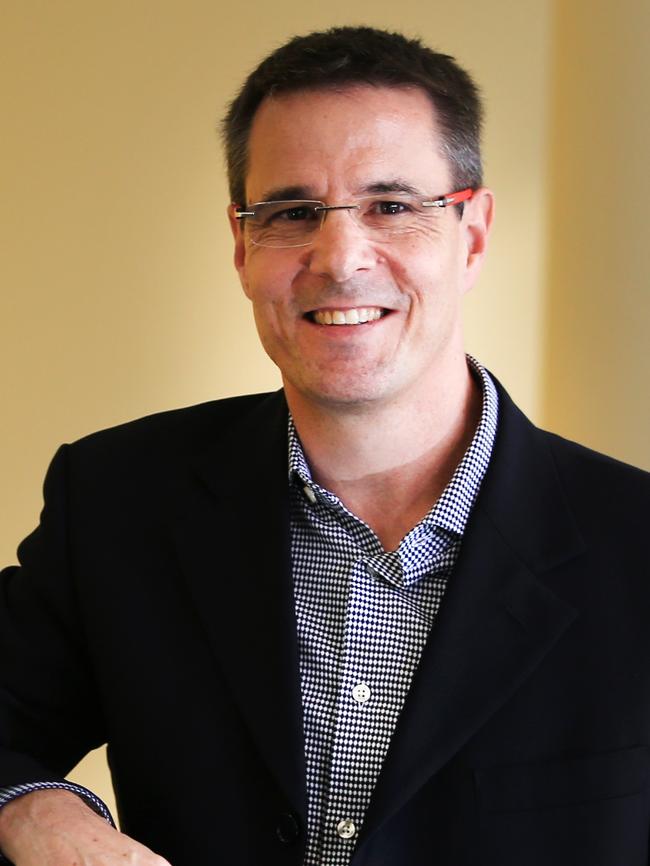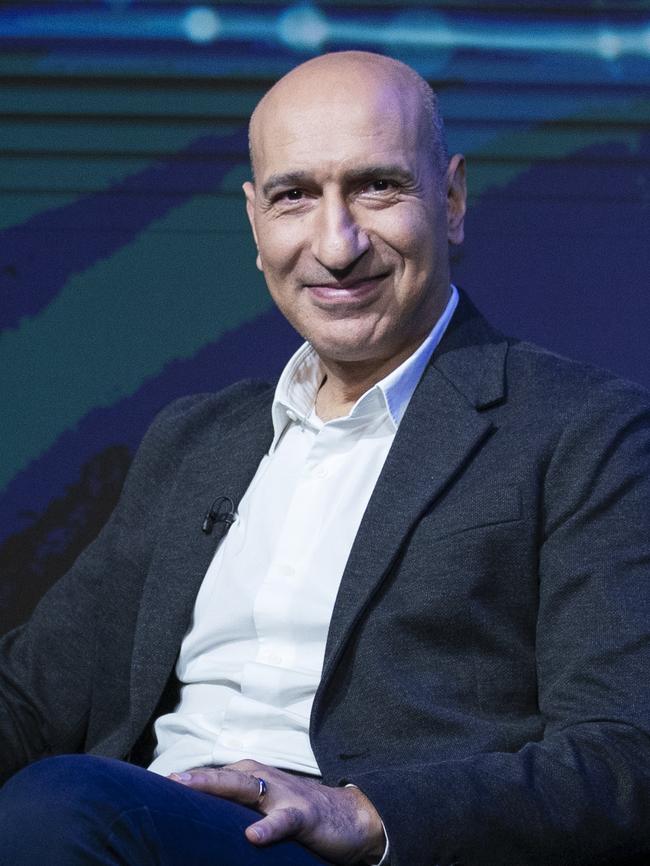What Gold Coast CEOs of ASX-listed companies were paid in 2022-23 financial year
Gold Coast ASX-listed company bosses pulled in hefty pay-packets last financial year, with the highest earner making 30 times the median household income. How much each boss earned
Business
Don't miss out on the headlines from Business. Followed categories will be added to My News.
Bosses of the Gold Coast’s ASX-listed companies pulled in seven-figure pay packets last financial year, with the highest earner pulling in 30 times the city’s median household income.
For those whose companies flourished in FY23, hefty bonuses and diabolic dividends were piled onto base salaries, tipping some of them into multimillion-dollar territory.
All of the executives are men.
Even those with salaries more modest than their peers were still doing exponentially better than the $89,932 median for local households.
Despite the big numbers, top CEOs nationally were paid less than 12 months ago, as boards and shareholders scrutinise bosses amid rising cost-of-living pressures in wider Australia.
Data crunched by the Australian Council of Superannuation Investors found the average realised pay for ASX100 CEOs fell to the lowest level recorded in the past nine years but was still 55 times average adult earnings.
According to the latest census, the median annual income for a household on the Gold Coast was $89,932. The median personal income in the city is $40,924.
Here’s how Gold Coast ASX execs stacked up in FY23, from the lowest paid to the highest:
Ray James: $122,236
Icon Energy (ICN), market cap $6.91m
The petroleum exploration company, which has posted multimillion-dollar losses every year in living memory, is yet to lodge its full-year financials, so this figure is based on the previous financial year.
Mr James, the long-time managing director of Icon, stepped into a non-executive director role in 2019 but has still performed “additional duties as directed by the board”.
Icon wound back its executive spending after coming under fire for spending five times as much on staff expenses as it did on resource exploration.
Mr James had previously been paid as much as $649,000 a year.
Icon’s directors have been scrambling to rescue the company after it lost access to its only asset when the Queensland Department of Resources rejected an application to renew its gas tenement permit last October.
The company appealed the rejection in the Supreme Court and is awaiting Judgement.
Chairman Stephen Barry, who had been with Icon for 30 years, stepped down this month – he was paid $93,280 in FY22.
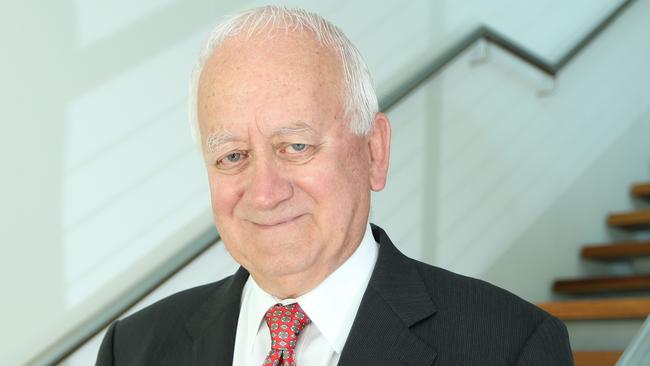
Kerry Plowright: $134,000
Aeeris (AER), market cap $7.15m
Managing director and CEO Mr Plowright received $5000 less base pay than the previous year and the company paid no bonuses to executives last financial year.
Aeeris, which operates emergency alert and climate modelling systems, reported record revenue of $3.03m, but logged a net loss of $186,776.
No dividends were paid during the year.
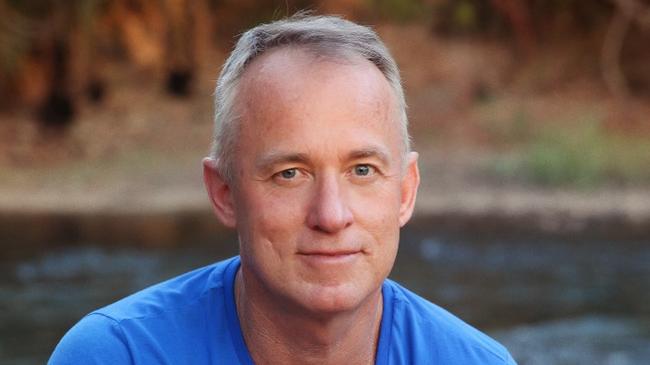
Peter Hill: $228,311 (FY22)
Rightcrowd (RCW), market cap $5.53m
The Robina-based tech company is yet to lodge its full-year financials and its preliminary financial statements do not include executive remuneration, so this figure is for FY22.
Rightcrowd, which provides employee security, tracking and access technology, had a bump during Covid thanks to increased need for contact tracing solutions, but has traded at a loss since its listing.
The total value of its shares dived from $80m in FY21 to $3m in FY23.
CEO and managing director Mr Hill is the largest shareholder. His $228,311 salary did not include superannuation and he had not been awarded any bonuses in the past five years.
Shareholders recently voted in favour of selling the company’s physical access business for $13.5m.
It means the company will change its name to Gathid Limited, with the ASX ticker GTH.
Rightcrowd reported a preliminary $9.38m net loss for FY23, attributing $8.14m of that to the business it is divesting.
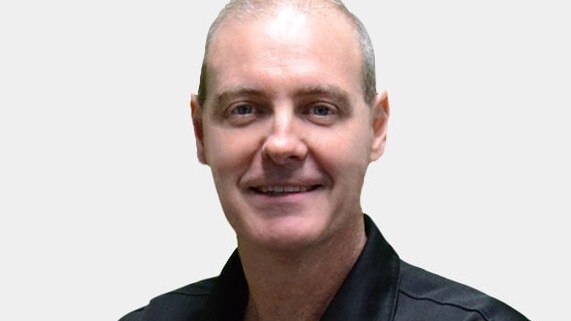
David Foster: $470,367
The Star Entertainment Group and G8 Education
He’s not an executive, but the former Suncorp CEO is current chairman of two of the Gold Coast’s largest ASX-listed companies so is worthy of mention here.
For his first three months as chairman of Star, where he was appointed on March 31 this year, Mr Foster received $185,340 of the $501,458 annual payment.
In calendar 2022, G8 Education paid Mr Foster $285,027 in fees and superannuation, up from $174,748 the previous year.
Not included here is income from the numerous other non-executive directorships held by Mr Foster, who is also current chairman of Youi Insurance.
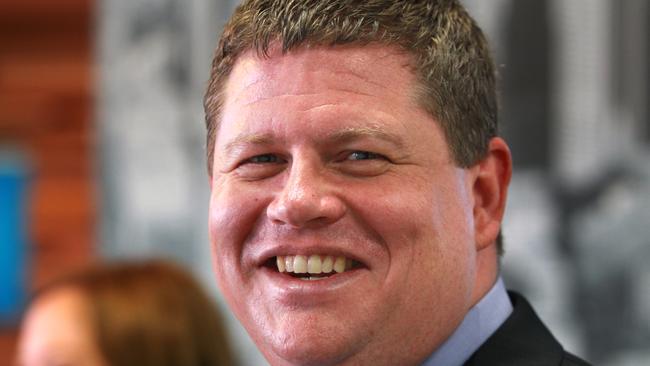
Peter Giannopoulos: $495,000
Epsilon Healthcare (EPN), market cap $8.1m
Epsilon owns and operates the largest certified cannabis manufacturing facility in the southern hemisphere – right here in sunny Southport.
Mr Giannopoulos, previously CEO of Cell Therapies, was appointed CEO in May.
His $495,000 remuneration package includes superannuation and he will also be eligible for short and long-term incentives based on his performance.
The company is yet to lodge its full-year accounts. It reported a half-year loss of $717,115 from revenue of $3.3m and no dividends were paid.
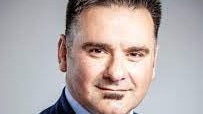
Murray Boyte: $347,890
Cameron Taylor: $536,509
Eureka Group Holdings (EGH), market cap $136.98m
CEO Mr Taylor departed Eureka in May this year after just under two years in the job.
His annual package included $349,708 base pay along with $115,000 bonus and $46,509 in share-based payments.
Executive chairman Mr Boyte, who stepped in as interim CEO, was not paid any bonuses in the financial year.
His pay included a chairman’s fee of $121,096, as well as a pro-rata portion of the $226,246 annual pay he’ll receive as interim CEO.
Eureka has this week been the subject of speculation of it looking to purchase assets held by fellow retirement living operator Ingenia Communities Group.
The company confirmed it had held “preliminary discussions with Ingenia regarding various assets”.
It reported net profit of $19.16m for the year and granted dividends of $1.34 per share.
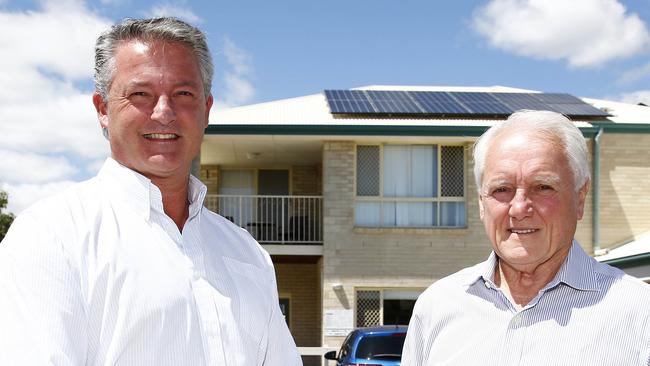
Kees Weel: $983,162 (plus $2.41m dividends)
PWR Holdings (PWH), market cap $1.09bn
Under Mr Weel’s leadership, PWR – which makes systems for motorsports, aerospace and defence – has become one of the city’s biggest corporate success stories, with share value worth more than a billion dollars.
The PWR founder’s pay was made up of a $625,694 base salary, $111,367 in performance rights, a $142,541 short-term incentive bonus, as well as other entitlements and benefits.
The company also reaped him more than $2m in franked dividends during the year, as holder of 19.3 million shares.
Mr Weel also won himself a 15 per cent payrise for the current financial year, taking his annual fixed pay to $752,200, while his incentive potential was also increased.
PWR reported record revenue of $118.3m and a record $21.75m net profit for the financial year, up four per cent on the previous year, paying out franked dividends of 3.6 and 8.9 cents.
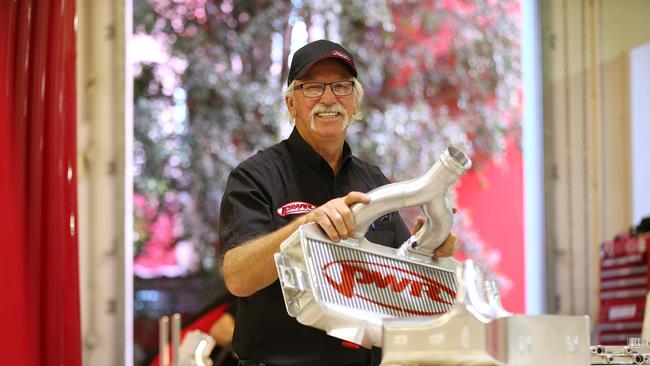
Peter George: $1.04m
Retail Food Group (RFG), market cap $122.32m
The executive chairman’s pay included a $579,598 base salary, $392,000 in vested performance rights, $40,432 in short-term benefits and $25,292 in superannuation.
FY23 was eventful for RFG, which oversees brands including Gloria Jeans’ Pizza Capers and Donut King.
It resolved its long-running unconscionable case with the ACCC, which resulted in the company not admitting guilt, but paying affected franchisees a total of $9.85m and forking out $500,000 of the regulator’s costs.
RFG reported a net loss of $8.9m, down from a $5.3m profit the previous year.
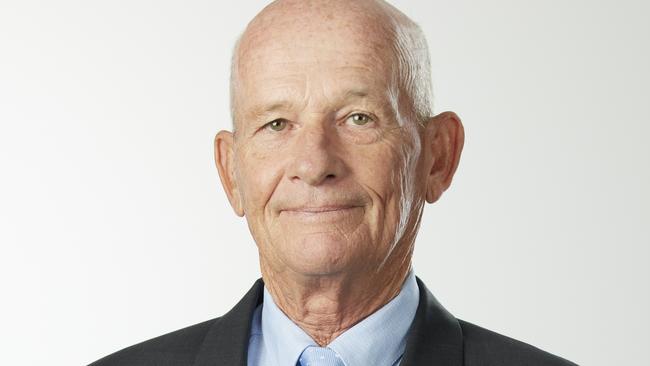
Soheil Abedian: $1m (plus $15.8m dividends)
Sahba Abedian: $1.13m (plus $2.91m dividends)
Sunland Development Group (SDG), market cap $130.74m
Salaries for the executive directors of the ASX-listed development group were based on a three-day working week last financial year, with the father-and-son duo taking it back to two days a week this financial year.
The Abedians’ remuneration included their salaries and $192,728 each in “other short-term employee benefits” under the company’s incentive plan.
According to the group’s financial statements, Soheil Abedian “salary sacrificed his salary to the Abedian Foundation all or in part in 2022 and 2023”.
The remuneration wasn’t the family’s only income from Sunland – Soheil, as holder of 51.1 million shares and Sahba, with 9.41 million shares, also had the benefit of franked special dividends worth $15.8m and $2.91m respectively in 2023 as they wind down the public company and focus on their private development efforts.
Their dividends for the previous two years totalled $44.5m and $8.2m respectively.
Sunland reported net profit of $33.4m for the financial year, down from $92.6m the previous year, and declared an 11c franked dividend for shareholders.
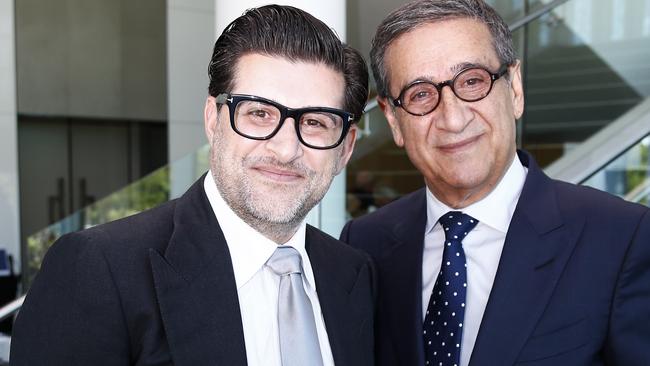
Robbie Cooke: $1.14m
Geoff Hogg: $1.05m
The Star Entertainment Group (SGR), market cap $1.23bn
CEO and managing director Mr Cooke was appointed in October 2022, replacing long-serving Queensland boss Mr Hogg, who was acting CEO and formally left the company in March.
Mr Cooke’s pay represented the portion of the year he worked – his contracted annual base salary is $1.6m, with extra incentives taking it to $4.16m if he reached 100 per cent of his KPIs.
Mr Hogg’s payments were made up of his base salary for the portion of the year worked as well as $488,179 which the report said was “paid as salary while on `gardening leave’ and available to assist the company”. He also received $250,000 in lieu of the remainder of his notice period.
No Star executives received any bonuses after the company posted a harrowing $2.44bn net loss.
The group had to write down the value of its Sydney and Queensland properties and pay hundreds of millions in fines and costs associated with two bombshell inquiries.
Almost 30 per cent of shareholders voted against the pay for the company’s executives, and a review of its remuneration policy resulted in a “consequence management framework” being established from FY24.
No dividends were paid during the year.
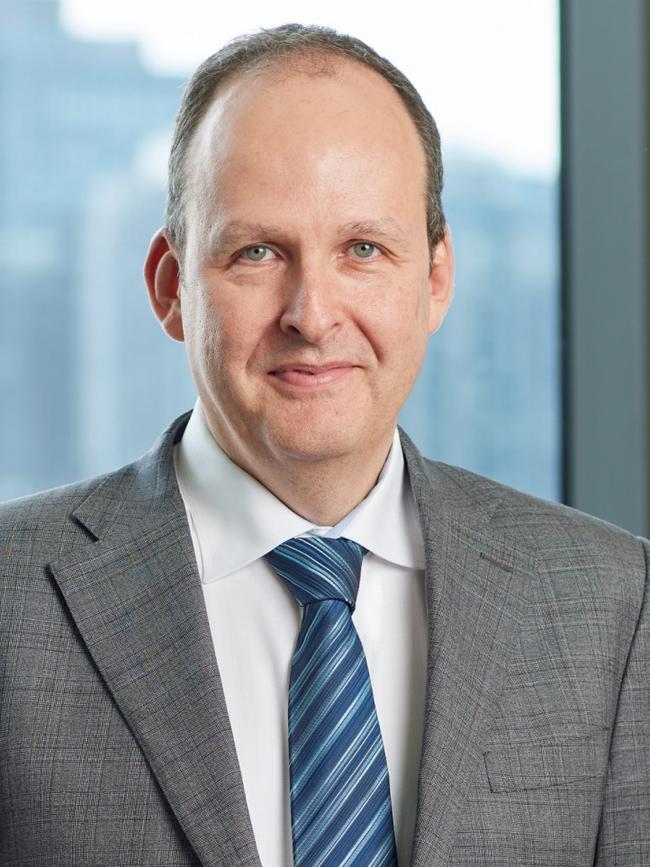
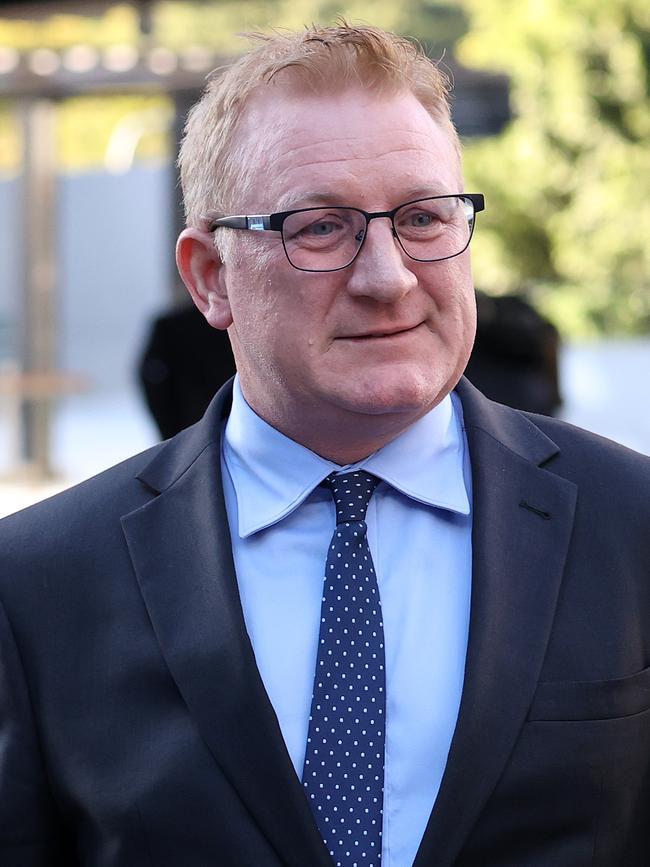
Ardent Leisure Group (ALG), market cap $237.45m
Greg Yong: $1.22m
Mr Yong was appointed group CEO in August 2022, a promotion from his role overseeing the group’s theme parks – which he continues to do.
His $1.22m pay packet is made up of a base salary including superannuation of $553,598, equity-based payments of $107,749 together with a $525,918 short-term incentive bonus for the theme parks “significantly outperforming” under his leadership, and hitting 95 per cent of his performance targets.
Ardent posted a healthy $664.7 million profit for the financial year, a significant improvement compared to the $97.4 million loss in the prior period.
Its bottom line was boosted by a $682.4 million gain on the sale of Main Event Entertainment in the US – $455.7m of which was returned to shareholders, including Mr Yong who held 64,692 Ardent shares at the time of the report, which would have netted him around $60,000.
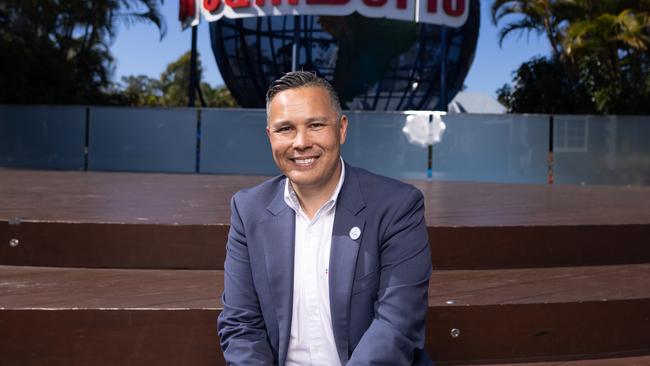
G8 Education (GEM), market cap $841.88m
Gary Carroll: $2.62m
Pejman Okhovat: $2.6m
Australia’s largest ASX-listed childcare company, which is headquartered on the Gold Coast, operates on a calendar year, so its last annual financial report was for 2022.
Long-serving CEO and managing director Mr Carroll departed at the end of that year, during which his $2.62m package included a $840,027 fixed pay as well as an $840,000 termination payment and $935,234 in various incentive payments.
The company’s report said Mr Carroll had “been an excellent leader and champion of our purpose, creating the foundations for learning for life”.
Mr Okhovat, previously the managing director for Big W, is on an annual fixed salary of $950,000, and nabbed a sign-on bonus of $170,000.
He is also part of the company’s short-term and long-term incentive plans and received bonuses to compensate for incentives he would have been paid by his prior employer, had he not resigned.
For the first half of 2023, G8 reported net profit of $15m, up 76.5 per cent on the same period last year.
G8 declared a 1.5c franked dividend earlier this month.
